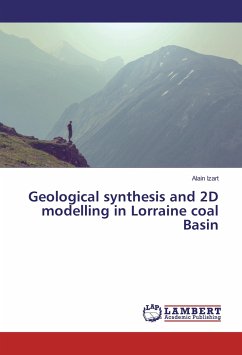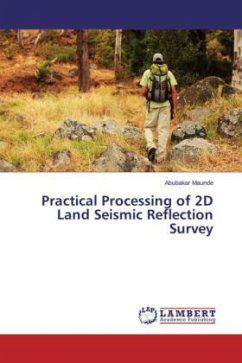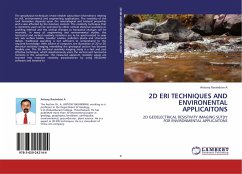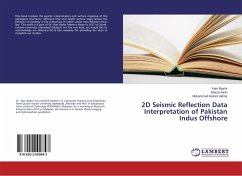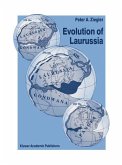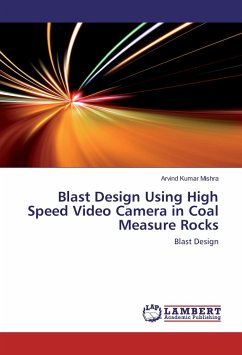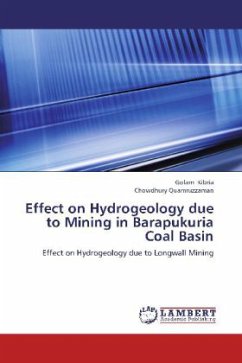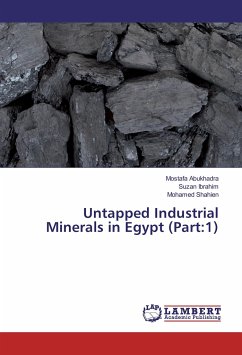This book completes the scenario for the thermal history of the Carboniferous Lorraine coal Basin (Izart et al., 2016) following the new tectonic model developed by Averbuch et al. (2012) and proposes some consequences for the petroleum system and coal bed methane (CBM) exploitation. Organic matter maturation data (Vitrinite Reflectance) determined on eleven boreholes and seven seismic lines acquired in the eastern Lorraine have been used to characterize the Lorraine coal Basin evolution. Mesozoic and Paleozoic overburials have been calculated using Petromod software. Results show that (1) Paleozoic erosion may be estimated at a maximum of 1200 m which represents a low amplitude event; (2) little erosion occurred between Upper Paleozoic and Lower Mesozoic : paleotemperature offset is about 20°C (respectively 0,7 and 0,5 for VR data); (3) Cretaceous cover overburial reaches a maximum 300 m and decreases eastwards; and (4) variable heat flows agree well with the compressive and extensive phases of Paleozoic and the extensive phase of Mesozoic. The Lorraine Coal Basin is a target for coal gas and the presence of natural fractures will allow a good exploitation.
Bitte wählen Sie Ihr Anliegen aus.
Rechnungen
Retourenschein anfordern
Bestellstatus
Storno

